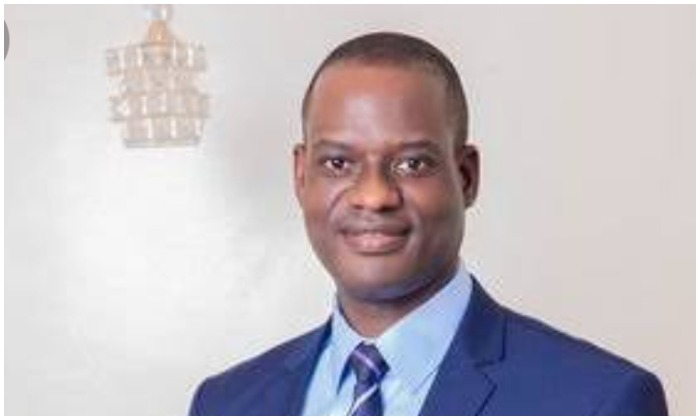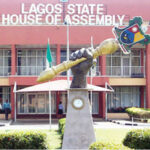
NASR made the call following a recent statement by the Chairman of the Presidential Committee on Fiscal Policy and Tax Reforms, Taiwo Oyedele, that the government has no plans to introduce new taxes or impose higher tax rates.
The coalition, however, in its communique issued after its meeting on Tuesday in Abuja urged the government to increase the sugar-sweetened beverage tax by at least 20 per cent to discourage consumption while generating government revenue.
It also urged the government to introduce a draft SSB tax bill that includes provisions for earmarking tax revenue for healthcare, and including public health organisations in the fiscal policy reform process.
The communique was made available to our correspondent on Friday by the coalition representative, Omei Bongos-Ikwue, and signed by the NASR coalition members – the Diabetes Association of Nigeria, Nigeria Health Watch, TalkHealth9ja, Project Pink Blue, Nutrition Society of Nigeria, Nigeria Cancer Society, ONE Campaign, Bundies Care Initiative, University of Abuja Teaching Hospital/Mark Anumah Medical Mission Centre for Media and Dialogue Initiative.
President of the Diabetes Association of Nigeria, Dr Mohammed Alkali commended the government’s objective to enhance revenue collection and promote the efficient use of tax revenue.
He, however, stated that the SSB tax, which has been introduced in many countries globally, has proven to have both health and economic benefits.
“The increased cost of the commodities is expected to discourage consumption, hence reducing the risk of NCDs and reducing complications. Nigeria’s N10 per litre SSB tax will make a deeper health impact if the rate is sufficiently increased to a level that will discourage purchase while generating significant revenue,” he said.
Also, a representative of Project Pink Blue said, “It is important for public health voices to have a seat at the table when tax policy reforms are being considered.”
NASR said pro-health tax policies have an important bearing on health outcomes, and the Fiscal Policy and Tax Reforms Committee should work in collaboration with public health organisations in formulating tax policies.
It also stressed that the revenue prospects of SSB taxes are enormous.
It said the taxes have the potential to generate at least N300bn in revenue if increased to a level that raises SSB prices by at least 20 per cent of the final retail price.
It noted that Nigeria’s burgeoning youth population, which is poised to deliver economic dividends in its contribution to the workforce, can face lowered economic productivity if non-communicable disease rates continue to rise and affect them.
The coalition expressed concerns that the SSB tax, currently enacted through the Finance Act, remains vulnerable to interference and called for the more efficient implementation of SSB taxes through legislation.
Responding to the Fiscal Reforms Committee’s plans to halt the introduction of new taxes and impose no higher tax rates, the coalition asserted that there should be greater public health representation in the institution of tax reforms, especially in taxes imposed on commodities that affect health.
It said revenue from pro-health taxes can be used to cover healthcare expenses for people living with NCDs.
Dr Alkali further maintained that “tax funds need to be channeled towards NCDs prevention and treatment in the country.”
The NASR coalition is a group of health organisations advocating for policy measures to curtail the consumption of sugar-sweetened beverages, linked to non-communicable diseases like type 2 diabetes, cancer, and hypertension.





